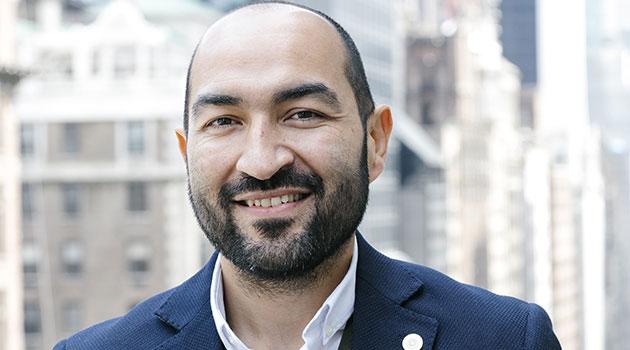Zeljko Jovanovic: Low COVID-19 immunization rate among the European Roma is the result of decades of government neglect

The low level of immunization against the COVID-19 disease among Europe’s Roma is a result of decades of government neglect and ill-treatment by public health authorities according to Zeljko Jovanovic, director of the Open Society Roma Initiatives Office in Berlin, Germany, who discussed the current situation with the Slovak wire service TASR. “Romani people have experienced decades of collective neglect,” the director said as to why Romani people are hesitant when authorities call on them to be vaccinated against the COVID-19 disease.
“Entire communities do not have their basic needs met for infrastructure, they have no proper access to education or the labor market,” he noted. Many Romani people, moreover, have had bad experiences with health care institutions, according to Jovanovic.
“In the Czech Republic and Slovakia there is a 60-year history of the forced sterilizations of [Romani] women,” he reminded the wire service. Other reasons, in his view, include the genocide of the Roma committed by the Nazis during the Second World War, the place that history occupies in the collective memory of Romani communities, as well as contemporary examples of police brutality.
“All of this, the history of brutality against Romani people, the history of our experience in health care institutions and our experience of neglect, contributes to the distrust we face now. This, in combination with disinformation on the Internet, leads to Romani people not wanting to be vaccinated,” he summarized.
Romani men and women are, as a consequence of their low immunization rate, currently more vulnerable to the novel coronavirus SARS-CoV-2, but the pandemic is also influencing the economy, education and healthcare in unfavorable ways that have multiplied the existing problems among the Romani minority in Europe. “During communism, many Romani people were employed in state enterprises,” the director explained to TASR.
“After the arrival of capitalism, Romani people were the first to be fired and the last to be hired in the new market economy. That means most have ended up unemployed or are employed in the grey economy,” he said.
“All of this was further deteriorated by the economic crisis in 2008, and the reconstruction after the crisis also was of no aid to the Roma,” he added. “That meant that when COVID came, we Roma were in much worse conditions for coping with it than anybody else.”
“Our children have not managed to cope with distance education because they live in overcrowded apartments. There is just one smartphone for an entire family, if there is one at all,” the director related.
“Romani families do not have Internet access, or tablets,” Jovanovic reported. He also noted that according to the EU Fundamental Rights Agency, as many as 30 % of Romani people in Europe have no access to clean drinking water.
“How can families follow [anti-epidemic] prevention measures if their basic needs are unmet?” the director asked. Such problems among the Romani minority have extensive repercussions for democracy per se, he warned.
